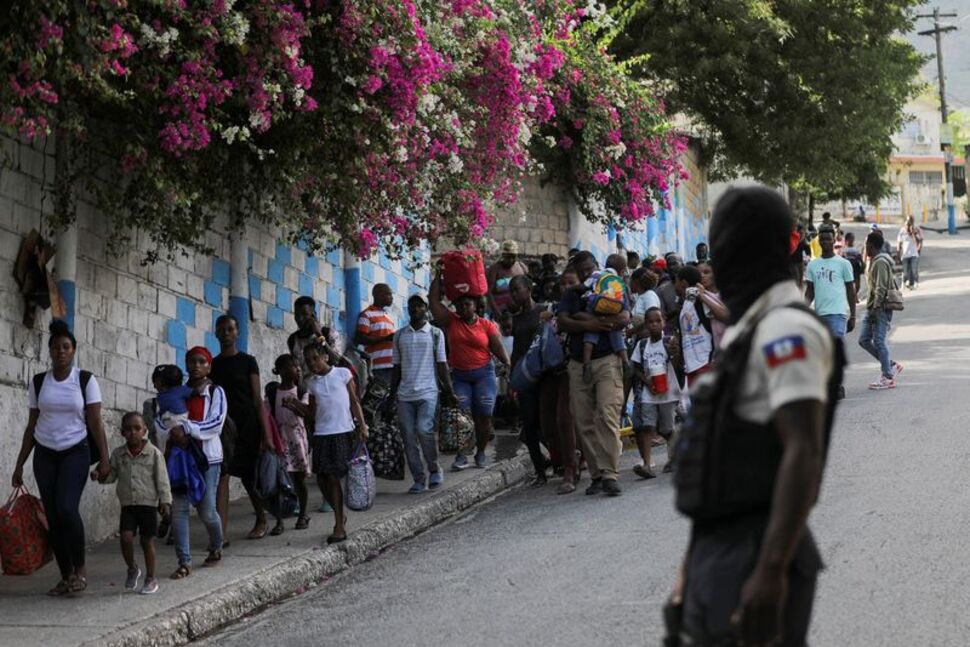PORT-AU-PRINCE, (Reuters) – An independent expert to the United Nations condemned mass deportations of Haitians who had fled the country amid a humanitarian crisis driven by worsening violence from heavily armed gangs who control large swathes of the country.
In a statement following a visit to the Caribbean nation, William O’Neill said some methods used to repatriate about 176,777 migrants last year do not comply with human rights standards and violate bilateral migration pacts.
“I urge the authorities of the Dominican Republic to respect their commitments in this regard,” he said, singling out Haiti’s neighbor but calling on all countries in the region to end mass deportations, particularly for unaccompanied minors.
O’Neill said he was particularly concerned by reports of organ and sex trafficking of migrant women and children.
Inside Haiti, he added, “relentless violence and systematic human rights violations” do not allow for the safe and dignified return of migrants.
Incidents of sexual violence in the capital Port-au-Prince doubled in May, he said, citing credible information received. A U.N. report last year found gangs were weaponizing sexual violence to control communities through fear.
In one incident last July, the report found that at least 52 women and girls were collectively raped in the capital.
O’Neill also warned of a crumbling judiciary and deadly conditions in cramped jail cells, a nascent vigilante justice movement making summary executions and lack of public services leading to increasing recruitment of children into gangs.
He renewed so far unanswered calls for a “specialized international force” to support Haiti’s out-gunned police, which Prime Minister Ariel Henry has requested since October, though countries have been wary of supporting his unelected government.
He also deemed the U.N. sanctions regime “an important step” alongside prosecutions. Jimmy Cherizier, a former policeman and leader of the G9 gangs alliance who was sanctioned in October, remains the only Haitian sanctioned under the regime.
“It is urgent to take action,” O’Neill said. “The survival of an entire nation is at stake.”

